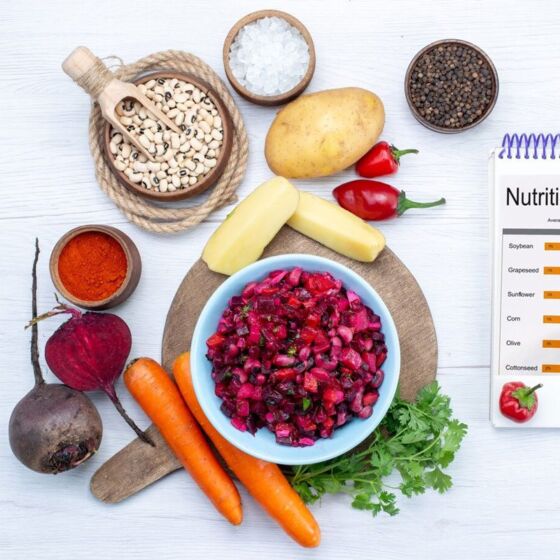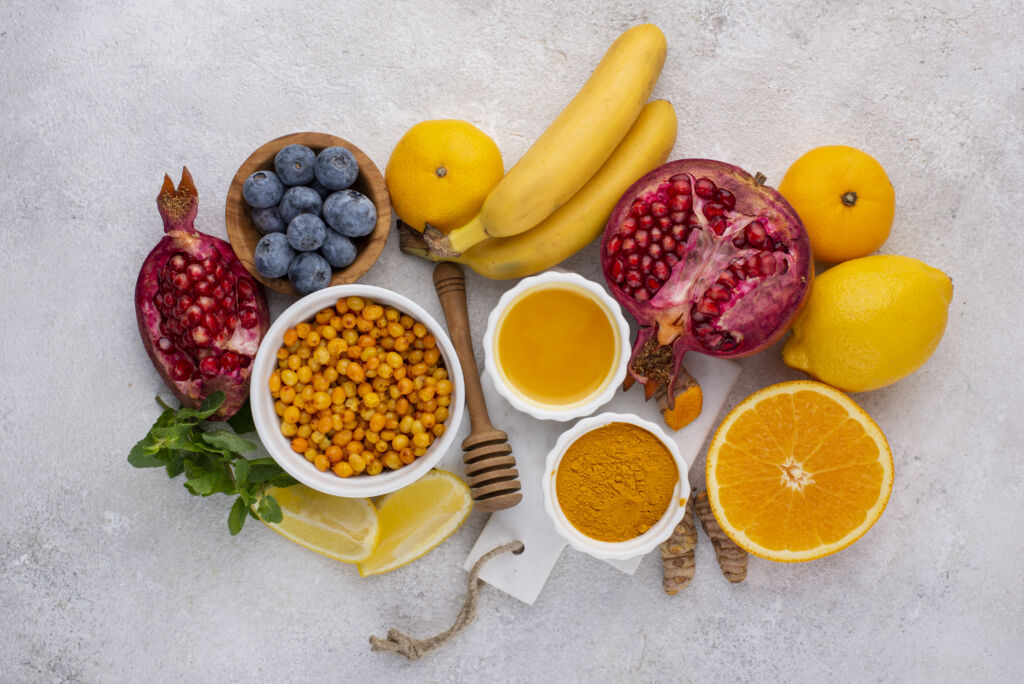What you eat matters when trying to conceive
When planning to start a family, many couples focus solely on timing and fertility treatments, overlooking the impact of their diet on their chances of conceiving. Research has shown that what you eat can play a crucial role in boosting fertility and increasing the likelihood of a successful conception.
In this article, we will explore the importance of nutrition when trying to conceive and provide valuable insights into the types of foods that can positively influence fertility.
The Connection Between Diet and Fertility
Numerous studies have established a clear link between diet and fertility. A healthy and balanced diet can help regulate hormone levels, promote regular ovulation, increase sperm production, and create an optimal environment for the fertilized egg to implant and thrive. On the other hand, a poor diet high in processed foods, unhealthy fats, and sugars can lead to hormonal imbalances, inflammation, and oxidative stress, all of which can negatively impact fertility.




Key Nutrients for Fertility
- Folate: Adequate folate intake is crucial for both men and women when trying to conceive. It helps in the development of the baby’s neural tube and reduces the risk of birth defects. Good sources of folate include leafy green vegetables, beans, lentils, citrus fruits, and fortified cereals.
- Omega-3 Fatty Acids: These essential fats play a vital role in regulating hormone production, improving blood flow to the reproductive organs, and enhancing sperm quality. Sources include fatty fish (salmon, mackerel), walnuts, chia seeds, and flaxseeds.
- Antioxidants: Antioxidants help protect reproductive cells from damage caused by free radicals and oxidative stress. Foods rich in antioxidants include berries, dark leafy greens, colorful fruits and vegetables, nuts, and seeds.
- Iron: Iron is essential for maintaining healthy ovulation and supporting a healthy pregnancy. Good sources of iron include lean red meat, poultry, fish, legumes, and leafy green vegetables.
- Zinc: Zinc is vital for sperm production and overall reproductive health. It can be found in oysters, lean meat, poultry, dairy products, nuts, and seeds.
The Impact of Weight
Maintaining a healthy weight is essential for fertility. Both overweight and underweight individuals may experience difficulties conceiving. Obesity can disrupt hormone levels, impair ovulation, and decrease sperm quality. On the other hand, being underweight can lead to irregular or absent periods, affecting fertility. Achieving a healthy weight through a balanced diet and regular exercise can significantly improve reproductive health.



Lifestyle Factors
In addition to diet, certain lifestyle factors can also influence fertility. It is important to limit alcohol consumption, quit smoking, and avoid excessive caffeine intake. Regular exercise, stress management techniques, and sufficient sleep can also positively impact fertility.
- When trying to conceive, paying attention to your diet is essential.
- A nutritious and well-balanced diet can optimize fertility, regulate hormone levels, and increase the chances of successful conception.
- By incorporating fertility-boosting foods and maintaining a healthy lifestyle, couples can enhance their chances of starting a family.
- Remember, what you eat matters when trying to conceive, so make conscious choices for a healthier and happier journey towards parenthood.


